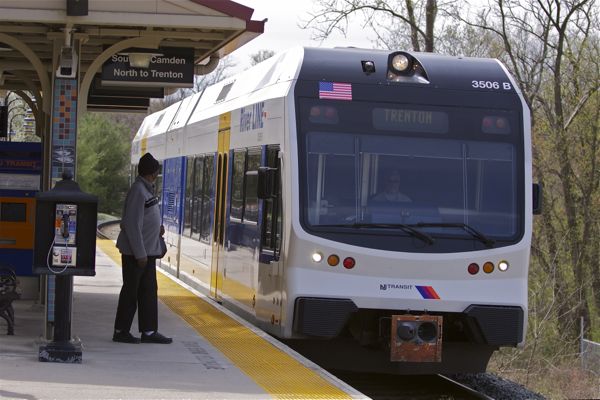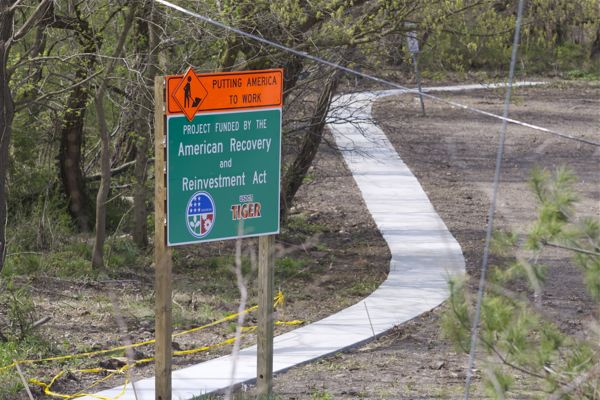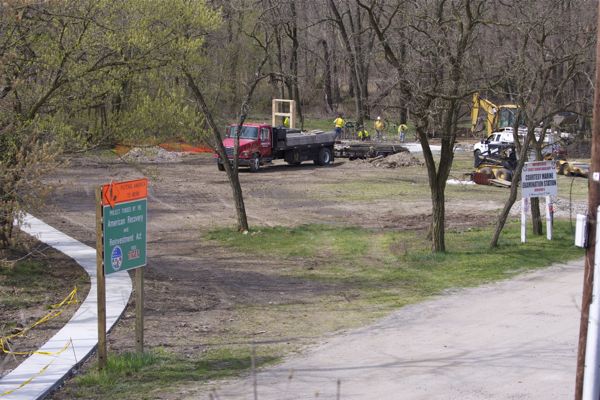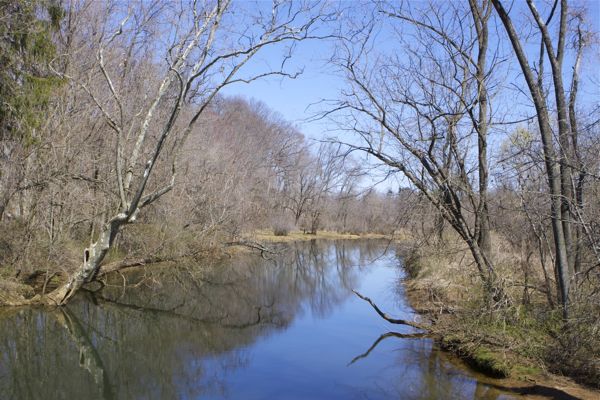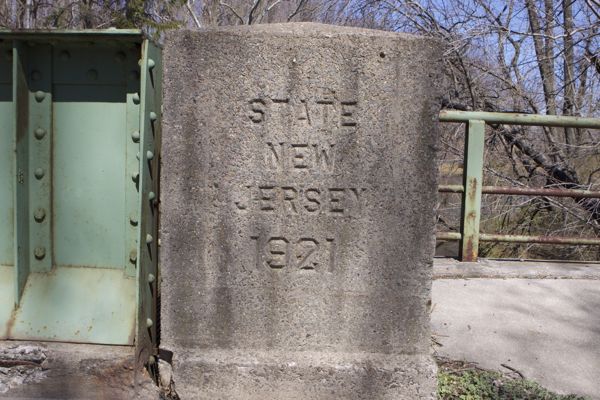DEP Sandy Funding For Sewage Infrastructure Ignores Vulnerability and Risk Based Priorities
DEP Funds Sewage Pump Station Replacement at Lake Como
Sewage Infrastructure Above Drinking Water Supply Intakes Is Highly Vulnerable and Poses Significant Risks
DEP’s Funding Priorities Not Based on Plans
DEP issued a press release today touting a $2.95 million bridge loan to replace and relocate a sewage pump station at Lake Como in Monmouth County, see:
TRENTON – The New Jersey Environmental Infrastructure Trust (NJEIT), working in partnership with the Department of Environmental Protection (DEP), has closed on its first-ever disaster-emergency bridge loan, a $2.95 million package that will pay for the replacement and relocation of a sewage pumping station at Monmouth County’s Lake Como that was damaged by Superstorm Sandy, DEP Commissioner Bob Martin announced today.
The announcement left me scratching my head in wonder: what the hell are they thinking about over at DEP?
DEP is prioritizing protection of Lake Como? A tiny 8 acre lake in Monmouth County. Are you kidding me?
What about all the highly vulernable sewage pump stations and infrastructure located along NJ’s rivers just upstream on drinking water supply intakes? Like the Raritan, Passaic, Pompton, and Delaware rivers where hundreds of sewage plants discharge pollution upstream of drinking water intakes. )see
As the entire nation just learned as a result of the West Virginia chemical spill – which shut down water supplies for hundreds of thousands of people for days – drinking water supplies are at risk from upstream pollution sources.
NJ DEP should have learned this lesson from Sandy, where 94 sewage treatment plants and 400 community water supply systems were knocked out due to flooding or loss of electric power. As a result, we almost lost drinking water for major urbanized areas of north jersey, see:
What possible priority and risk is the Lake Como sewage pumping station compared to hundreds of other equally or more vulnerable infrastructure that could wipe out the water supply for hundreds of thousands of people?
This is nothing to brag about.
In fact, it illustrates DEP’ complete lack of priority and risk based infrastructure vulernability assessment, adaptation planning, and financial planning.
DEP’s absurdly self congratulatory press releases goes on to prove exactly that – i.e. DEP is not following a transparent and public vulnerability assessment and planning process based on rational criteria and standards:
The DEP and NJEIT are currently reviewing applications for short-term and long-term financing for a host of projects from other communities that include waterproofing of pumps and electrical equipment, installation of flood protection barriers and emergency generators, and studies to assess measures to prevent damage from floods and other disasters.
And finally, DEP ignores two important things:
- 1) Under the federal Clean Water Act and the Safe Drinking Water Act, there already is a capital infrastructure needs assessment, priority setting, and financial planing process for water supply and wastewater infrastructure.
That process is transparent, public, and based on objective criteria. The Legislature authorizes the DEP recommended funding priorities and project allocations. (i.e Intended Use Plans).
DEP ignored all that and reinvented the wheel – no, it is more accurate to stay that they eliminated the wheel.
There is no map, no destination, and no one is steering the ship.
- 2) DEP issued permits for wastewater treatment & collection and water supply treatment & distribution systems already require emergency operations plans, including emergency backup power and infrastructure vulernability.
Most of those facilities either didn’t have emergency operational plans or had no ability to implement them.
Those permit requirements have been totally ignored by the water and sewer authorities and DEP did nothing to oversee or enforce these permit conditions.
DEP is not taking steps to strengthen the regulations or monitoring and enforcement of those permits.
All of that mismanagement and lax DEP oversight is now being swept under the rug and those negligent are not being held accountable.
This ad hoc approach illustrates NJ’s lack of any overall vulnerability assessment and adaption plan.
And that is nothing to brag about in self congratulatory press releases.
BTW, there is over a $3 billion infrastructure deficit – just from Sandy – so a $2.95 million loan is a joke, not a press release.
